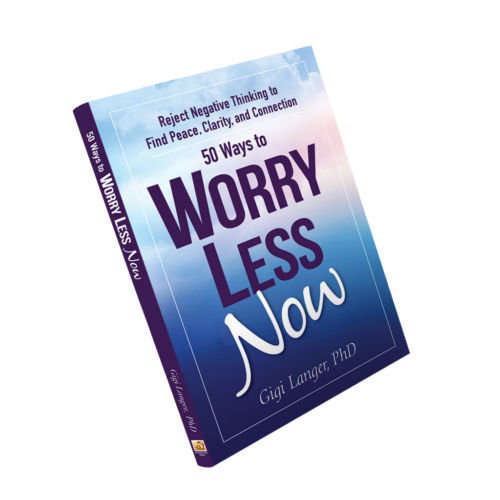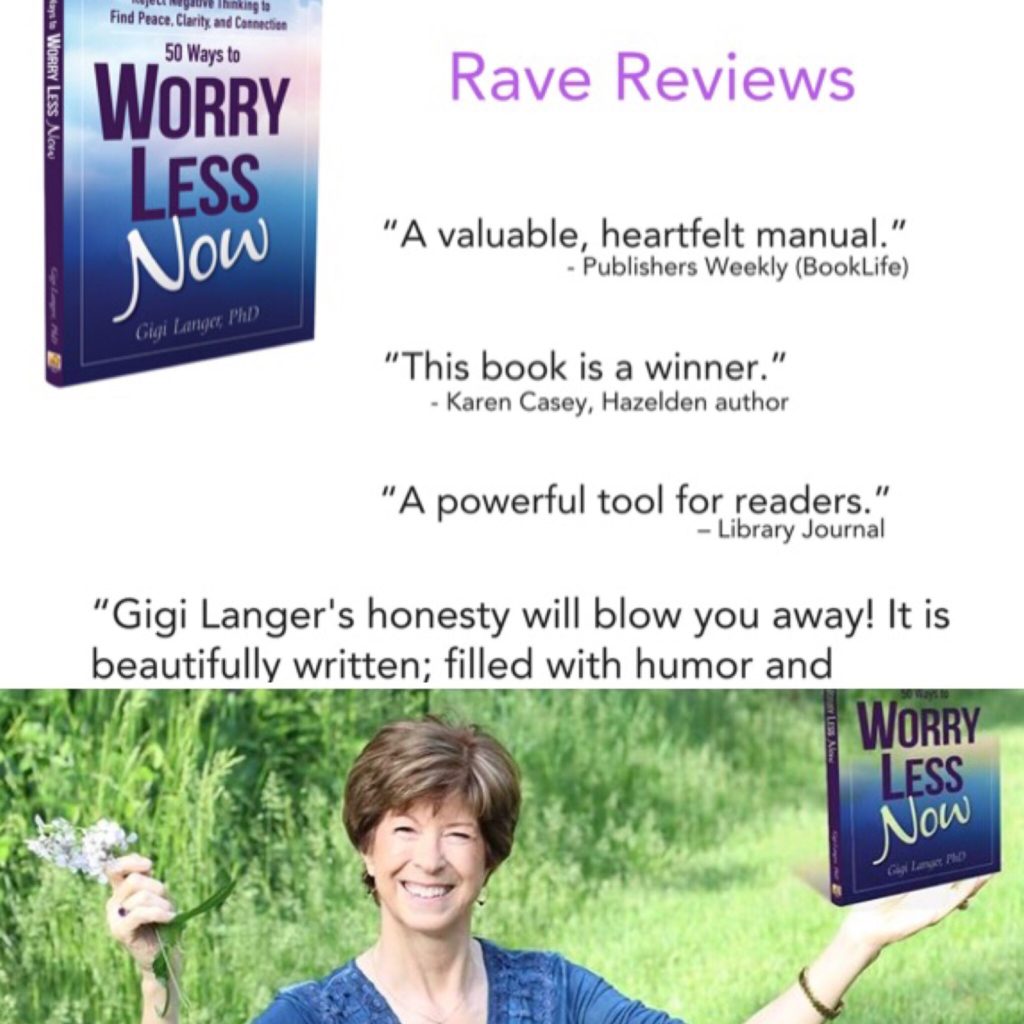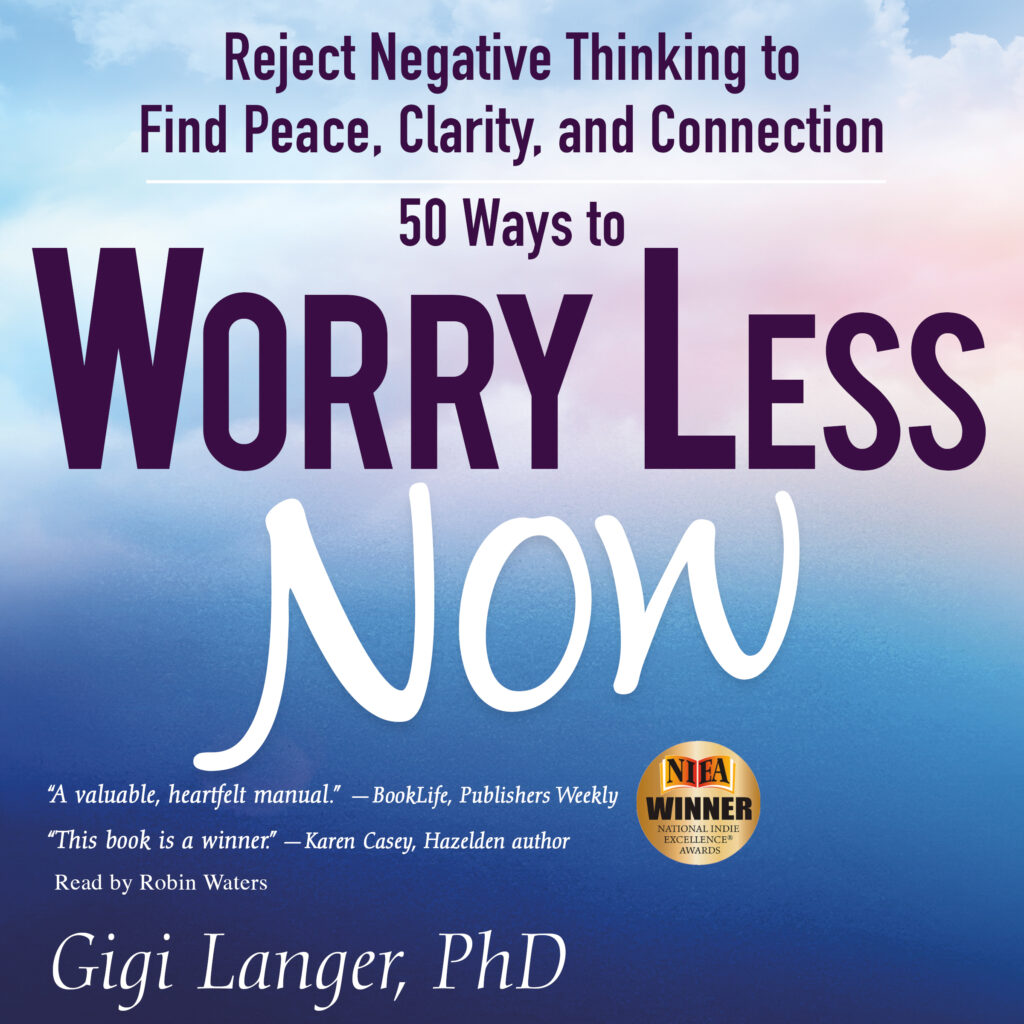By Guest Blogger, Rebecca Lombardo

Many people have asked my husband and me how we’ve stayed together for so long with my mental illness looming overhead.
It’s a fair question; I know many couples that have ended up divorcing because one or the other couldn’t handle the added pressure of mental illness. I think in our case, that added element of pressure only made our marriage stronger.
Hope During a Depressive Episode
I don’t doubt that some people with depression or anxiety say to themselves, “I can barely take care of myself during a bout of depression; how am I supposed to worry about someone else?” To that I say, “I understand, and I’ve been there,” because I was diagnosed nearly 25 years ago.
I know from experience that when you stick together during the bad times, the good times are so much sweeter. On the day we got married, my husband said, “Well, you’re stuck with me now.” But I didn’t always make it easy for him.
Of course, at the beginning we struggled. We struggled a great deal, but we knew that we loved each other enough to keep working on the relationship.
If you truly love your spouse, you can gather enough strength to show you care for them, even when you don’t even have the energy to get out of bed.
Communicating During a Depressive Episode
It’s essential that your partner be made aware of what you’re going through. You can’t just shut down and isolate. The next time you go looking for their support, they may not be there because you’ve made them feel alienated.
Once I learned to utilize the seven methods listed below, we began to communicate better, even in the darkest of times. For many, these techniques may be common sense, but for those of us with a mental illness, sometimes we need to get out of our own way and just focus on the basics..
I’m not suggesting that you jump into the list with both feet. Take your time and find what works best for you and your spouse.
- Talk to your spouse and tell them what you are feeling. As soon as you feel yourself falling into a depressive episode, let them know, even if you’re having trouble coming up with the why and the how,
- Assure your partner that they are not the cause of your mood. Sit down and tell them point blank that they have nothing to do with how you’re feeling. You have no idea how powerful something so simple can be.
- Tell them that it’s okay that they can’t fix the situation. This was a big one for my husband. He loves me and he didn’t want to see me in pain. So, he often felt as if he had to do something to make it better for me. Unfortunately, most of us need to work through things in our own time before we feel better.
- Offer them simple options to help you feel better. Maybe you’re having a craving for chocolate or you just really want a tuna fish sandwich. Ask your spouse to pick up one of these items for you. When they bring it home, genuinely let them know that they’ve helped, even if it’s just a little.
- Try to make sure you don’t take anything out on them. One of the biggest stumbling blocks early on was my temper, and because my husband was the only one around, he got to feel the wrath. This goes hand in hand with communication. You might simply say, “Look, I’m not doing well right now and it may seem like I’m taking it out on you. I’m sorry if I do, it’s not your fault.”
- Thank them for being there for you. Many times, the only real remedy for a situation is a “thank you.” It’s a rewarding feeling to know you’ve helped the one you love. Once your partner feels appreciated, they’re more likely to be supportive more often.
- If you’re having trouble giving your feelings a voice, write put them in a letter. This is valuable on many levels. It can help the situation in the present, but if your partner is anything like my husband, he’ll keep it and read it when times get hard again. If you’re truly transparent and honest with your emotions, it could be the best thing to happen to your relationship.
Give It A Try
I hope you’ll consider trying a couple of these the next time you feel like you’re sinking into a depressive episode.
You can have a strong relationship with a solid structure while enduring mental illness. It doesn’t have to be a struggle.
Believe me when I tell you that having a stable partnership takes one of the heaviest loads off your back in a dark time. Suffering through depression is exhausting enough, but knowing that your relationship is falling apart around you makes it ten times harder.
Do yourself a favor and just try. You have nothing to lose and everything to gain.

Rebecca Lombardo is the author of “It’s Not Your Journey” where she details two years of her twenty-five year battle with mental illness. As she recovered from an attempt to take her life, she wrote the book to purge her pain and raw emotions. Rebecca offers the reader support and guidance as she begs them not to follow her path.
Rebecca and Joe Lombardo host a podcast, Voices for Change 2.0, Live on Saturdays. Learn more about Rebecca at www.rebeccalombardo.com allthatwax2019.scentsy.us Tw: @BekaLombardo








